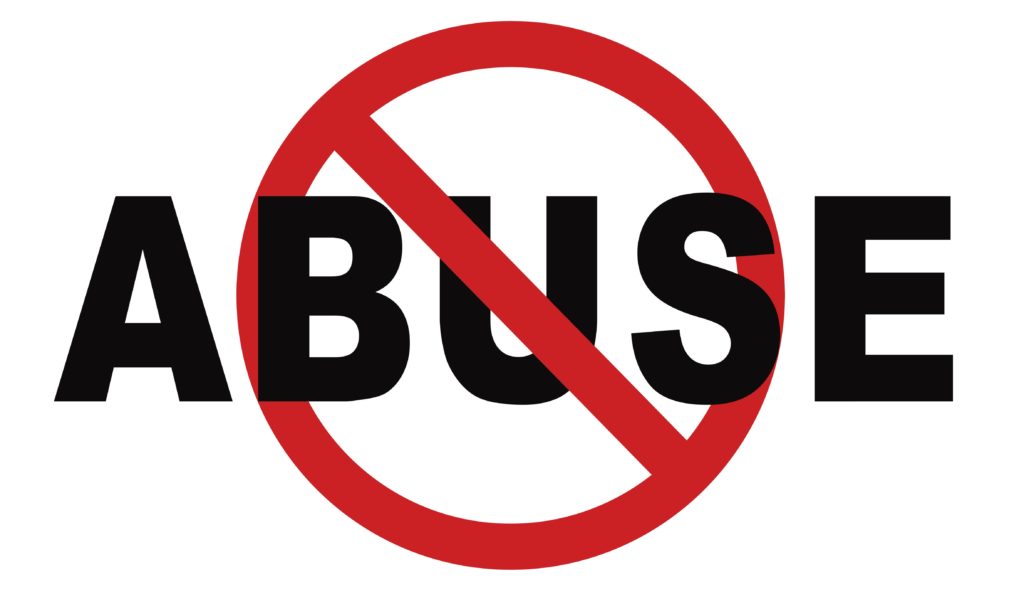Chemical dependency is destructive in every instance, but few addictions ravage users as thoroughly and comprehensively as meth addiction. Meth has become infamous for its horrifying impact on the human body, and one of its most distinctive long-term side effects is what is referred to as “meth mouth.” This catchall term describes the damage that frequent methamphetamine consumption can do to the teeth and gums.
The presence of meth teeth is a dead giveaway that someone abuses methamphetamines. It’s also irreversible — while dental reconstructive procedures exist, they can’t replace or renew everything about a meth-damaged mouth. Fortunately, the same can’t be said for meth addiction itself. While exceedingly difficult to conquer, meth recovery is possible with the help of outside support. If someone you know is hurting from meth addiction, call 17135283709 and reach out to The Right Step today to ask about our meth addiction treatment program.
Meth and Oral Health: The Effects of Meth on Teeth
After just a few sessions of smoking meth, users will begin to develop meth mouth. The process of meth mouth is as follows:
- First, teeth will start to stain a dark yellow.
- As a meth addiction develops, this discoloration will worsen, and eventually, the protective enamel of the teeth will begin to flake or chip away.
- Once the enamel is gone, teeth are left vulnerable to acidic chemical traces in meth smoke.
- These acidic traces ultimately do most of the damage. Soon, teeth that were previously stained yellow will turn brown and black.
- The mouth’s salivary function becomes compromised by the presence of meth’s toxic byproducts, reducing its capacity to produce moisture that helps cleanse teeth and protect them from decay.
The development of meth mouth eventually reaches a point of no return. Corroded and desecrated beyond repair, the teeth will decay all the way to the gum line, leaving useless deformed stumps where there used to be healthy, white teeth. Meth’s oral damage isn’t exclusively limited to just teeth, though. Gum disease is another result of meth addiction, and with gums no longer healthy enough to support teeth, some will break or fall out. Teeth, of course, don’t grow back, and they can’t be restored once meth mouth progresses too far.
It Doesn’t End at Meth Mouth
Meth teeth, diseased gums, and a dry mouth are the most easily identified symptoms of addiction, considering their profoundly disfiguring impact on the face (where we often look for first impressions). However, meth mouth is far from the worst side effect of meth addiction. Aside from the cosmetic detriments, methamphetamine as a substance derails people’s lives and leaves many feeling hopeless and destitute. In addition to the derailment mentioned above, it also has a tragic tendency to shorten those lives down to about five or seven years.
Meth Addiction Recovery Is Possible with The Right Step
When you know somebody struggling with a meth addiction, it can feel like there’s nothing that can be done. This feeling of despair is what keeps so many addicts down, unable to receive treatment because they feel like a lost cause. Meth addiction is one of the hardest addictions to overcome. Still, residential treatment facilities can offer the intensive detox and multifaceted treatment plans meth addicts need before they can begin putting their lives back together.
Some things in life are indeed irreversible, like meth teeth or dead saliva glands, but a meth addiction itself is not. If someone you know is abusing methamphetamine, you should do everything in your power to convince them to ask for help today. Contact The Right Step at 17135283709 to set a meth addict’s life back on track.






